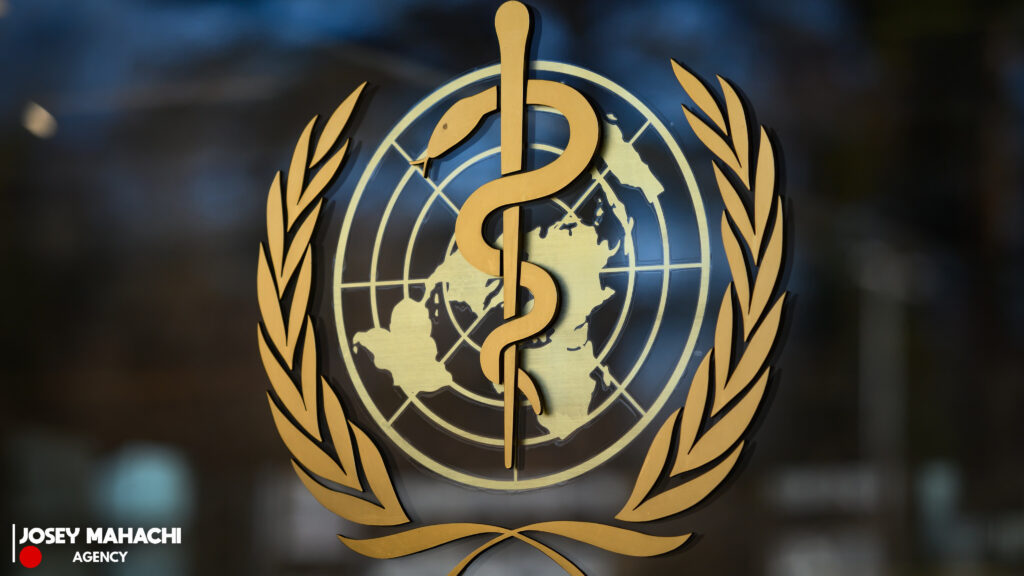By : Lloyd Mahachi
The World Health Organization (WHO) has called on the United States to reconsider President Donald Trump’s decision to withdraw from the agency. This move could undermine global health security and leave the WHO scrambling to replace its top donor, which contributed $1.3 billion between 2022 and 2023.
The WHO plays a crucial role in protecting the health and security of people worldwide, including Americans. The organization has made significant contributions to global health, including the eradication of smallpox and the near eradication of polio.
The WHO’s work has also focused on containing diseases such as HIV, Ebola, and the recent outbreak of Marburg virus. However, without US funding, these efforts could be at risk. The organization’s ability to respond to global health crises could be severely impaired, putting millions of lives at risk.
Trump’s executive order gives the WHO one year to find alternative funding. However, traditional donors like Germany and France may not be able to increase their contributions due to their financial situations. Instead, countries from Asia and the Middle East may step up to fill the funding gap, potentially increasing their influence on global health.
China has already expressed support for the WHO, stating that the organization’s role “should only be strengthened, not weakened.” The European Union has also urged the US to reconsider its decision and called on members to reinforce their commitments.
The WHO has been a target for Trump’s criticism, particularly regarding its handling of the COVID-19 pandemic. Trump claims that the WHO “ripped off” the US and that “everybody rips off the United States.” However, the WHO has maintained that it plays a vital role in combating health threats that impact everyone, including Americans.
The withdrawal of US funding could have significant implications for the WHO’s operations. The organization’s program budget for 2022-2023 was $6.7 billion, with the largest chunks of income spent on contractors, staff, and emergency operations.
The WHO has long faced financial challenges, relying heavily on voluntary contributions from donors. The US’s departure may speed up efforts to reshape the WHO’s financing and force the organization into a more normative role, setting global standards and developing guidelines.
The first impact of the withdrawal will be on staff seconded to the WHO from US agencies, who will need to return home immediately. This could lead to a brain drain and disrupt the organization’s ability to respond to global health crises.
The Gates Foundation, another top WHO donor, has reiterated its commitment to the organization, recognizing its vital role in combating health threats. However, criticisms of the WHO’s bureaucracy and decision-making processes may also come under scrutiny.
Ultimately, the WHO’s withdrawal from the US could have far-reaching consequences for global health security. As Marion Koopmans, head of the Erasmus MC department of viroscience, noted, “a downright pull-out really is turning your back to the rest of the world.”
The WHO’s Director-General, Tedros Adhanom Ghebreyesus, has expressed his disappointment with the US decision, stating that the organization’s work is critical to global health security. He has called on the US to reconsider its decision and work with the WHO to address global health challenges.
As the WHO navigates this uncertain period, it is clear that the organization’s work is more critical than ever. The WHO’s commitment to global health security is unwavering, and it will continue to work tirelessly to protect the health and well-being of people around the world.
Editor : Josephine Mahachi

